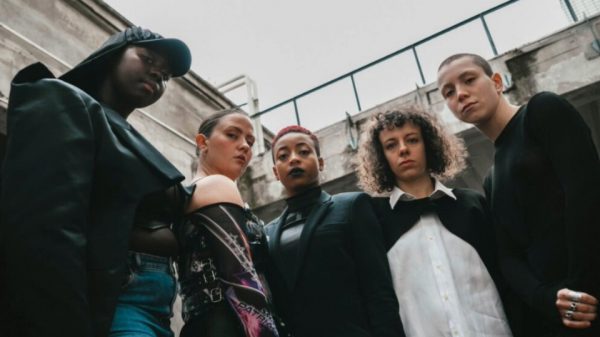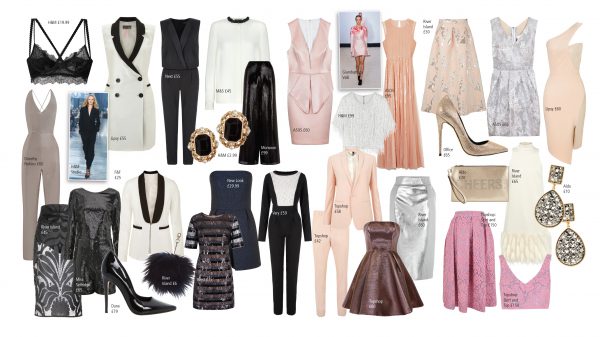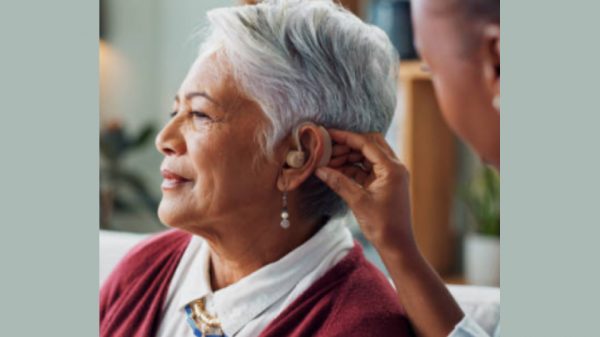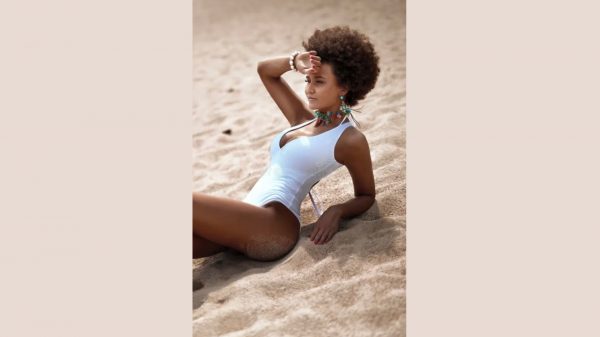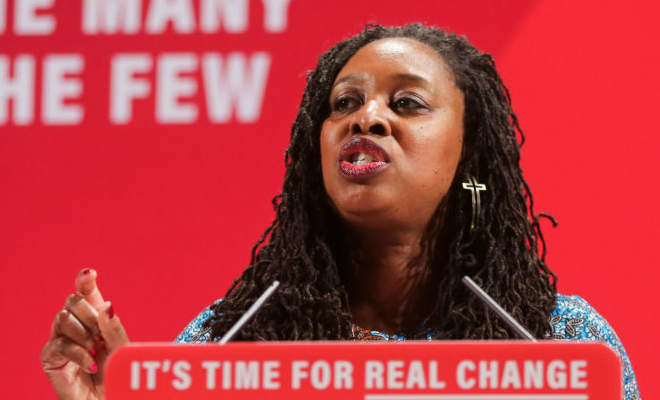Racial prejudice within the House of Parliament has come to light once again after two black female MPs have shared their experience on their first few weeks of working in Westminster, giving us the honest truth about being a black woman in Parliament.
Abena Oppong-Asare, the new MP for the London seat Erith & Thamesmead shared her experience on being a victim of racial prejudice, explaining how a Conservative MP saw her outside the Commons chamber and put his bag in her hands asking her to look after it. The assumed excuse for this mistake was that he didn’t realise she was an MP, highlighting how some members of parliament automatically disregard black women in having any sort of professional position.
Where one would hope this is a one-off experience, Oppong-Asare doesn’t stop there; further tweets explain more interactions where her position as a black female MP was acknowledged incorrectly. She tweeted: “In my first week someone came up to me confusing me with another black MP. I said no I’m the other black sista from [Erith and Thamesmead].”
If this wasn’t disappointing enough, her tweet continued: “He raised his eyebrows and said wow there are more of you [sic].”
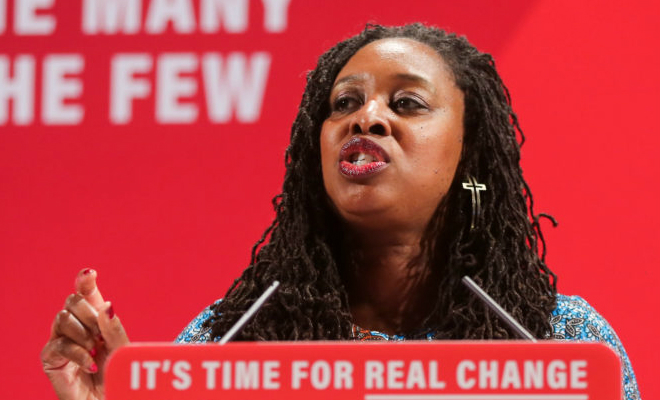
This “mistake” in regards to black people stems from the long-winded stereotype that black people look the same, unable to tell us apart from one another, which unfortunately many people of the black community experience on a daily.
Oppong-Asare’s Tweet then allowed another MP to express her own experience; the newly elected MP for Vauxhall, Florence Eshalomi replied back: “Girl I also got confused for another black sista MP as we were coming out of the voting lobby…..but I have to admit it was by a fellow Labour MP.” This seems to be a somewhat regular occurrence within the Houses of Parliament, as Dawn Butler has stated once that she was told, being in a members-only lift that “this lift really isn’t for cleaners.”
This only just highlights that the majority of MPs fail to accept that there are multiple black, professional MPs within their area of work that still needs to respected and considered a on their professional level. Even though these comments may be unintentional and believed to be harmless, their presence suggests that there is a subtle collective thought that black women are not expected to have prestigious positions.






